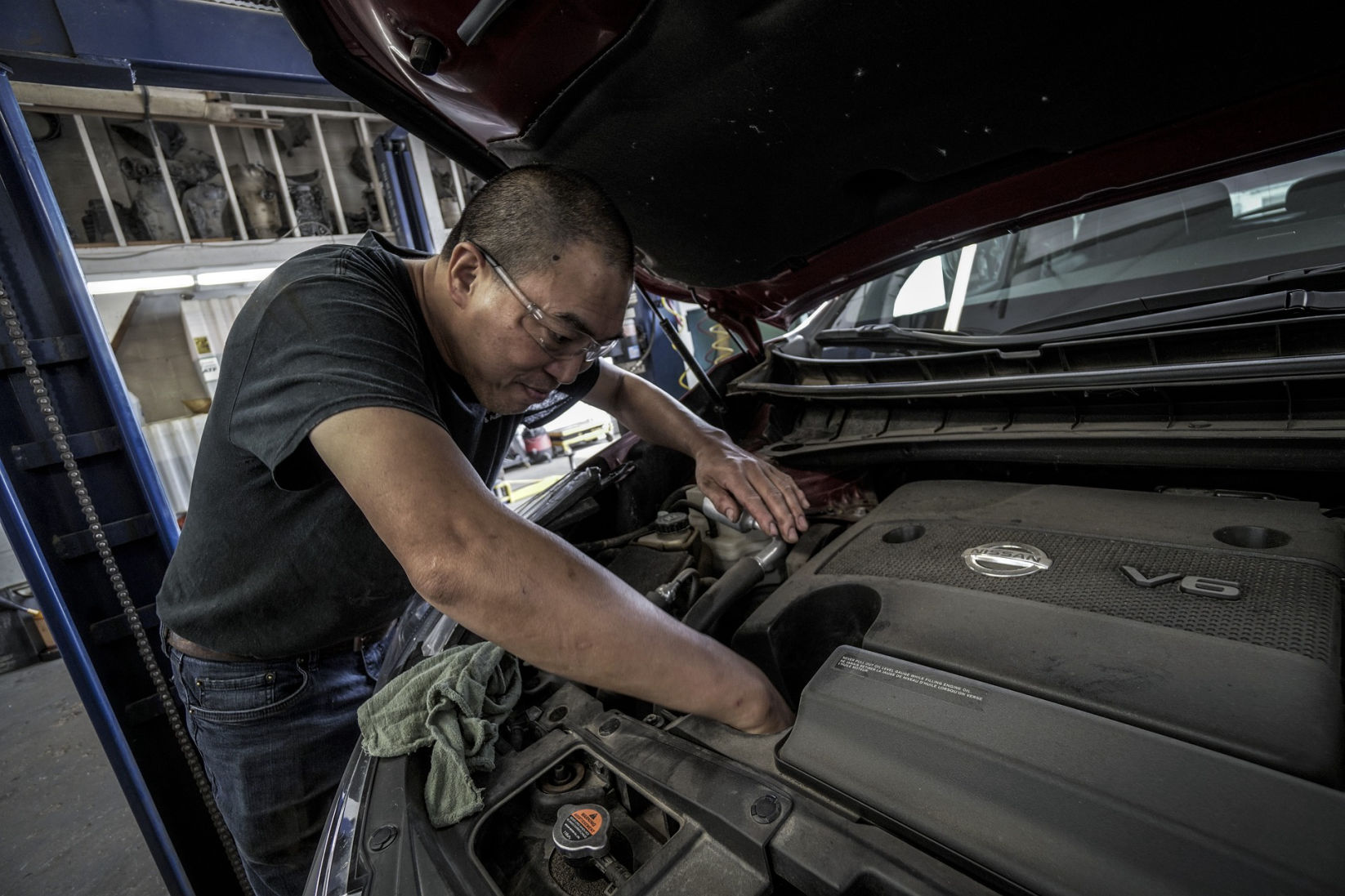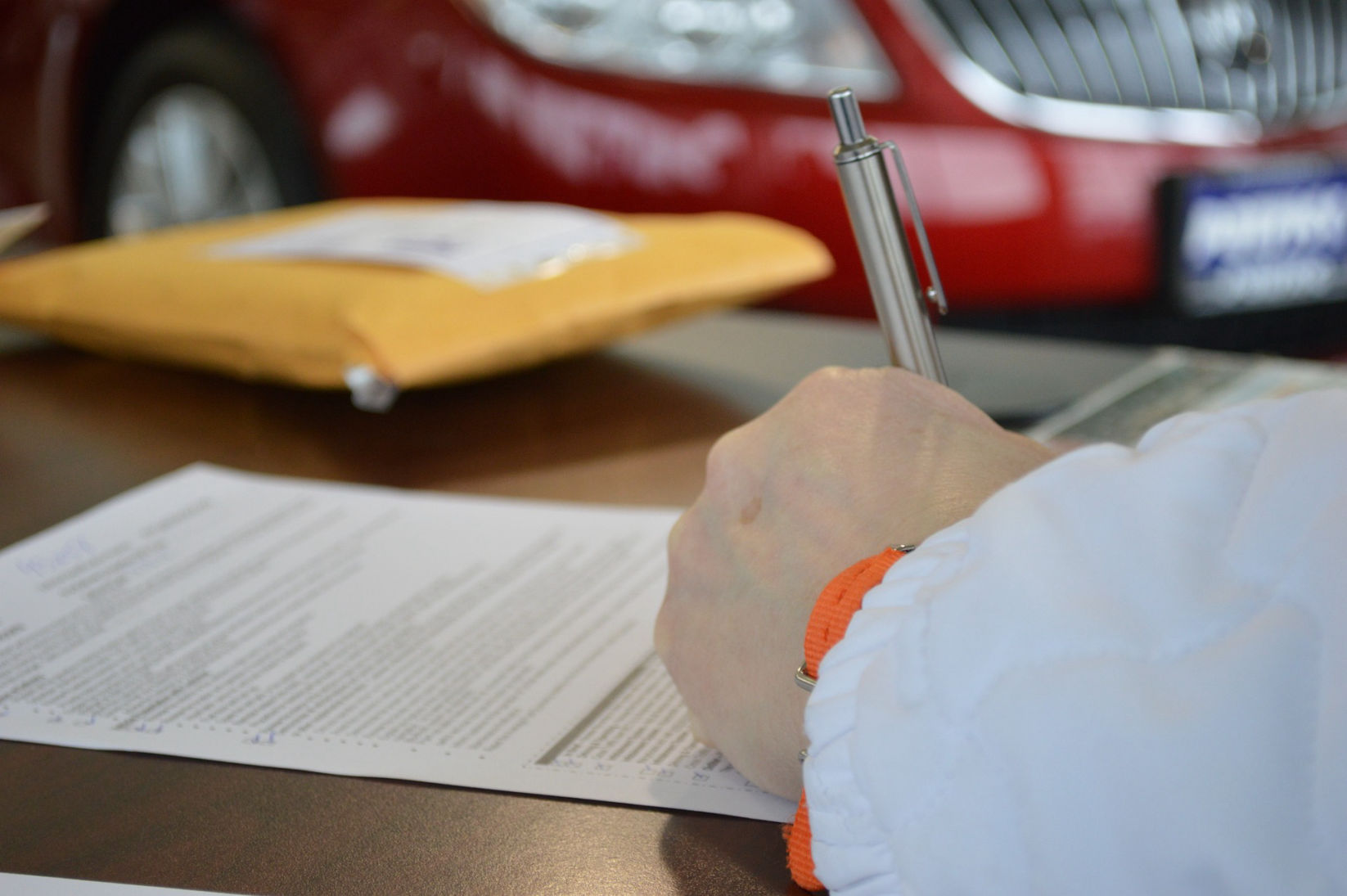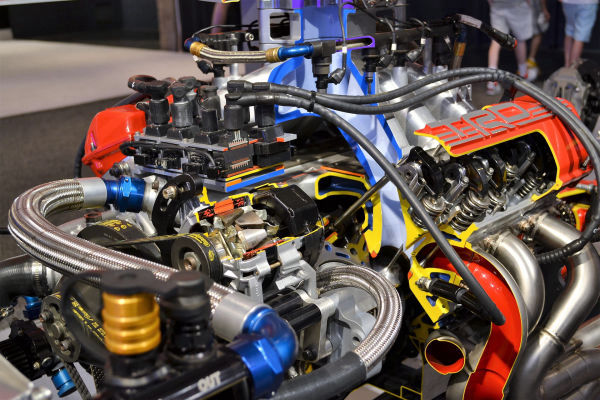Press Release

January 2023
VEHICLE RIGHT TO REPAIR LAW HEADED FOR BALLOT INITIATIVE
Coalition Submits 70,000+ Signatures to Protect Independent Car Repairers and
Consumer Repair Choices in Maine as New Wireless Technologies Threaten Car
Owners’ Rights to Get Cars & Trucks Repaired Wherever They Choose
AUGUSTA—Today, a group of Maine independent repair shop owners, employees, and right to repair supporters submitted more than the required number of voter signatures to the Secretary of State to put an initiative on the November 2023 ballot. The initiative will protect their right to repair new cars and trucks as automakers make it increasingly harder to access the repair and diagnostic information necessary to do so.
More than 90% of new cars are now equipped to transmit real-time diagnostic and repair information wirelessly only to vehicle manufacturers, threatening the rights of consumers to choose to get the cars they own fixed at trusted independent repair shops or do the work themselves.
“Vehicle owners should be able to take their car or truck wherever they want for repairs or fix it themselves, not be forced to go to more expensive dealerships,” said Tim Winkeler, President, and CEO of independent repairer VIP Tires & Service in Auburn and one of the signers of the initiative. “Ensuring that local independent repair shops have access to the information they need to fix cars at a fair price is what this ballot initiative is all about. Automakers are increasingly using technology to try to shut us out from repairing the newest models of cars and trucks.”
A national agreement in 2013 between automakers and the auto repair and auto parts
industries forced automakers to provide access to repair and diagnostic codes and information but did not cover the rapidly expanding wireless technologies now installed in new vehicles.
The ballot initiative would give Maine car and truck owners access to all of the diagnostic and repair data generated by their car so that they could opt to provide access to any dealer, repair shop, or automaker that they choose during the lifetime of their car.
Patrick Horan of Autoworks in Kittery said, “Now that cars are more computerized, automakers are using technology to prevent us from fixing the next generation of cars and trucks. The only way to protect our shops and our customers’ right to get their car fixed wherever they want is to pass this law.”
A similar ballot initiative passed with 75% voter support in Massachusetts in 2020, despite automakers spending more than $25 million to try to defeat it. Implementation of the Massachusetts law is on hold pending a decision by a federal judge after automakers sued to prevent it from going into effect.
###
Home




